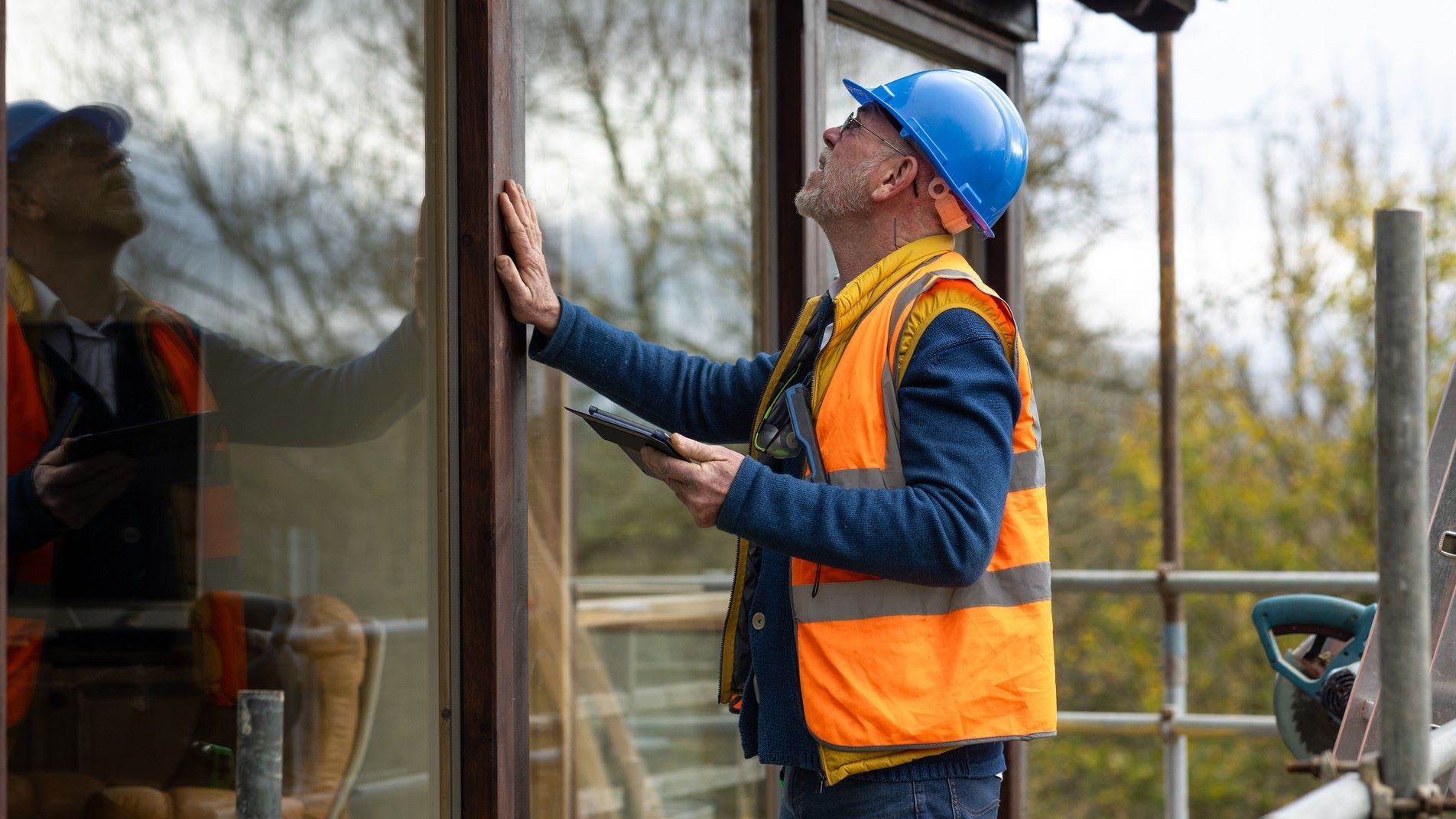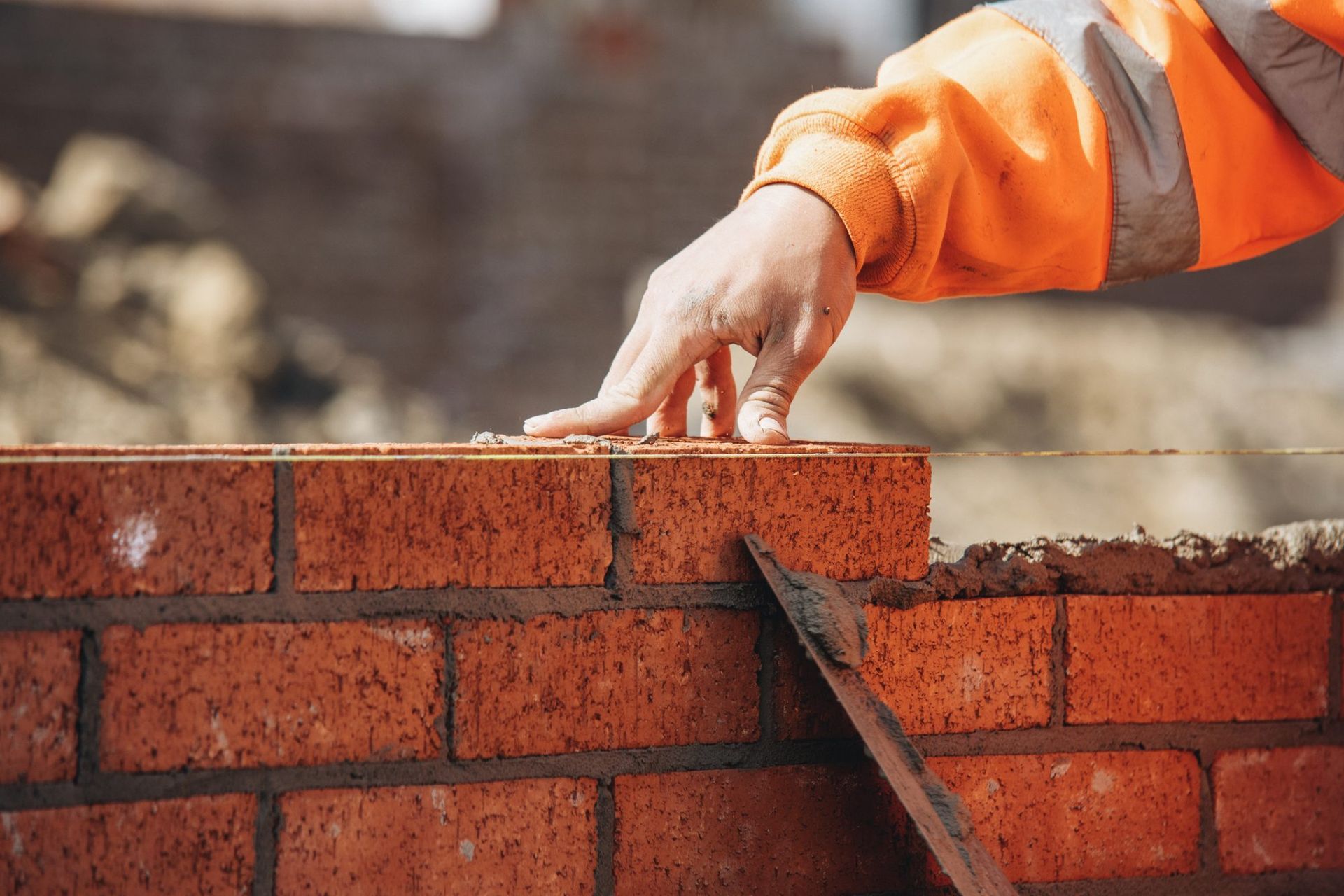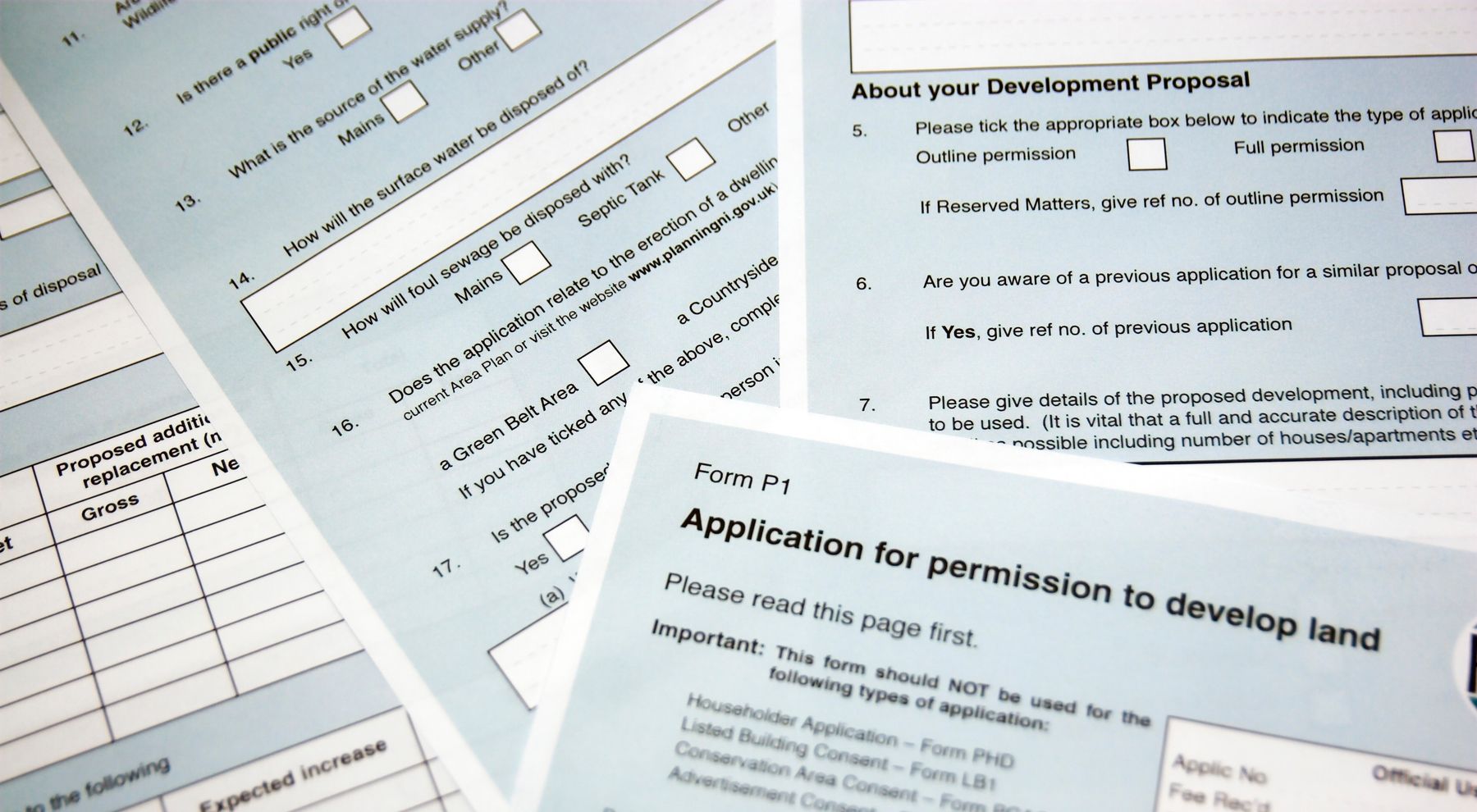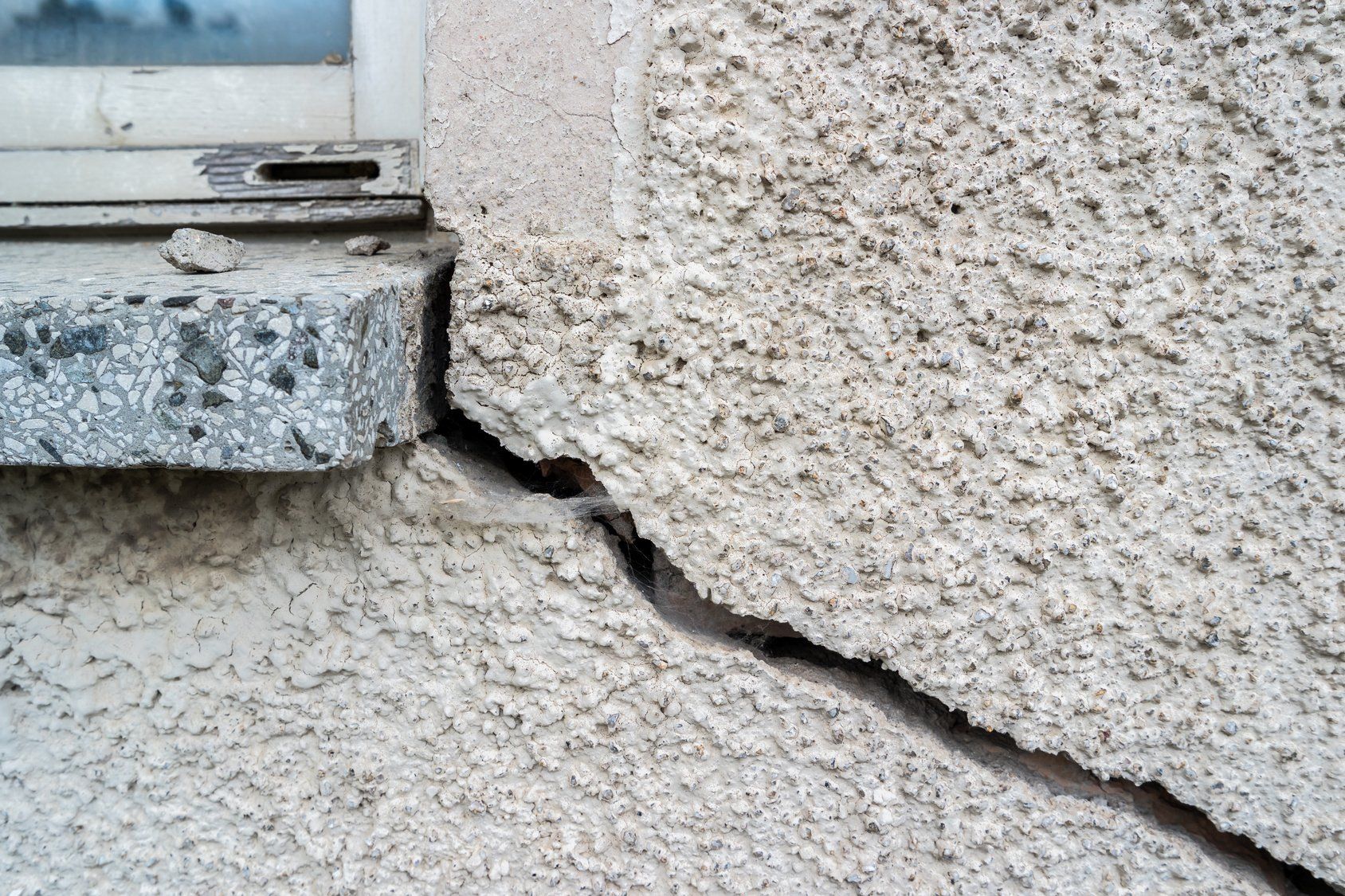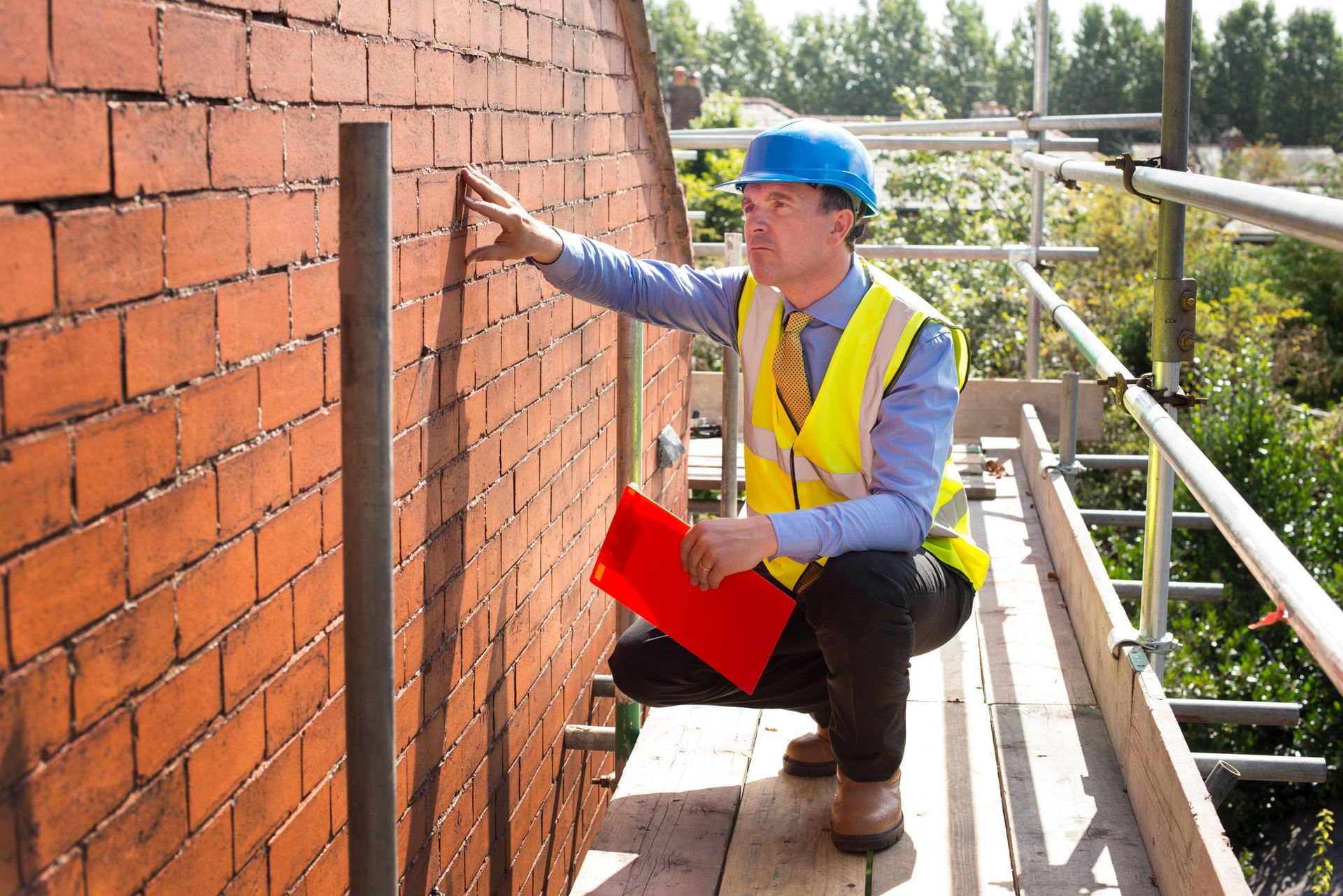Party Wall Disputes: Your Questions Answered

With over 9 million people living in the UK’s capital and an ever-increasing number of high-density developments, it’s no surprise that party wall issues are a common concern in London. Party wall disputes can be a daunting prospect for homeowners and property developers alike, and is a situation all are keen to avoid.
As experts in all things related party wall matters, here at Simon Levy Associates we get a lot of queries around this complex topic. That’s why, in this blog, we’ll be answering some of your most frequently asked questions to give you a better idea of the party wall agreement process and how to navigate a party wall dispute.
What is a Party Wall?
One of the most common questions we get is around what a party wall actually is. In simple terms, a party wall is a shared wall that separates the buildings of two different owners. This can include walls between semi-detached or terraced houses, as well as garden walls that straddle property boundaries. The Party Wall etc. Act 1996 governs any work that affects a party wall in order to ensure that both parties have their interests protected.
What is the Party Wall etc. Act 1996?
The Party Wall etc. Act 1996 provides a framework for preventing and resolving disputes related to party walls, boundary walls and excavations near neighbouring buildings. The Act outlines the rights and responsibilities of property owners, as well as procedures for notifying neighbours and resolving disagreements.
When Do I Need a Party Wall Agreement?
You will need a party wall agreement if you plan to carry out any of the following work:
● Building on or at the boundary of your property
● Working on an existing party wall or structure
● Excavating near a neighbouring property
Some common projects that you’ll need a party wall agreement for include loft conversions, extensions and basement excavations.
How Do I Serve a Party Wall Notice?
If your planned work falls in line with the Party Wall etc. Act 1996, you must serve a party wall notice to your neighbour. The notice should include details about the work you intend to carry out, the start date and your contact information. It’s important to serve this notice at least two months before starting work on a party wall, or one month for excavations. After it’s been served, your neighbour then has 14 days to respond.
What Happens If My Neighbour Disagrees?
If your neighbour disagrees with the proposed work, they must find a party wall surveyor to represent them. You in turn will also need to appoint your own surveyor. These surveyors will then work together to draw up a Party Wall Award, which is a legal document that details the work to be carried out, how and when it will be done and any necessary protective measures that need to be taken.
If both parties agree, they can appoint a single surveyor - known as the agreed surveyor - to handle the party wall matter. Doing so can simplify the process and potentially reduce costs.
What Does a Party Wall Surveyor Do?
The party wall surveyor plays a key role in managing disputes and making sure that the Party Wall etc. Act 1996 is adhered to. Their responsibilities include:
● Preparing and serving notices
● Conducting a schedule of condition
● Drafting the Party Wall Award
● Resolving disputes impartially
What is a Party Wall Award?
A Party Wall Award is a legal document that sets out the rights and responsibilities of both parties involved in the dispute. It includes:
● Details of the proposed work
● A schedule of condition of the adjoining property (to record its condition before work starts)
● Working hours and access arrangements
● Measures to protect the adjoining property
● Compensation for any damage caused
The Party Wall Award confirms that both parties are protected and that the work is carried out in accordance with the law.
What Are the Costs Involved?
The costs associated with party wall matters can vary depending on the complexity of the project and the number of surveyors involved. Generally, the building owner undertaking the work is responsible for covering the costs of both surveyors. This includes the cost of serving the party wall notice, preparing the Party Wall Award and any additional inspections required.
How Long Does the Process Take?
The timeline for resolving party wall disputes depends on several factors, including the response time of your neighbour and the extent of the proposed work. On average, the process can take anywhere from a few weeks to a few months. It's essential to factor this into your project timeline to avoid delays.
Why Do Party Wall Disputes Arise?
Party wall disputes can arise for various reasons, including:
● Lack of communication: Having a clear and timely discussion with your neighbour can help prevent misunderstandings.
● Insufficient notice: Serving the correct notice well in advance is crucial to allowing your neighbour sufficient time to respond.
● Disagreement on surveyor: Sometimes, neighbours may disagree on the choice of surveyor, which can make the situation worse.
How Can I Avoid the Risk of a Party Wall Dispute?
Here are some tips to help you avoid getting into a party wall dispute:
● Communicate Early: Make your neighbours aware of your plans as early as possible. Clear communication can help address any concerns they may have.
● Follow the Legal Process: Make sure that you comply with the Party Wall etc. Act 1996 by serving the correct notices and obtaining the necessary agreements.
● Choose the Right Professionals: Hiring experienced party wall surveyors can help you navigate the process smoothly.
● Document Everything: Keep detailed records of all communication and agreements with your neighbours and surveyors.
How Can Simon Levy Help?
At Simon Levy, we have extensive experience in managing party wall matters. Our team of qualified party wall surveyors can guide you through every step of the process, from serving the initial notice to finalising the Party Wall Award. We provide impartial and professional advice to ensure that your project complies with the Party Wall etc. Act 1996 and that your interests are safeguarded.
If you are planning a construction project that may affect a party wall, or if you are currently facing a party wall dispute, don’t hesitate to get in touch with Simon Levy for more information today.


